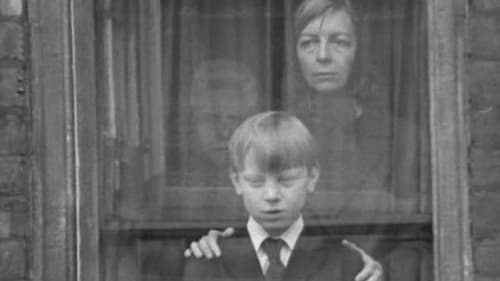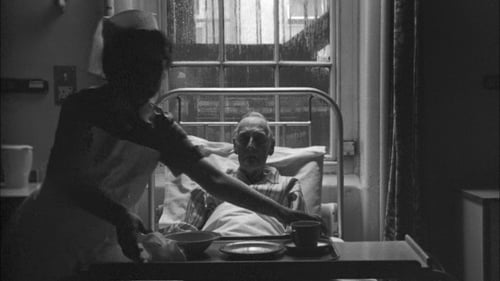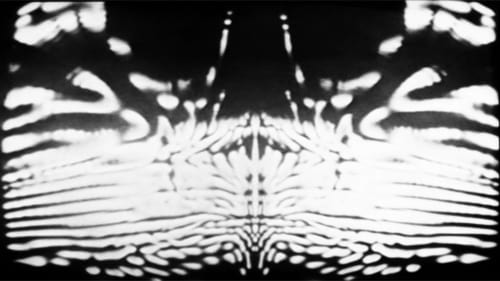
These three semi-autobiographical short films by Terence Davies follow the journey of Robert Tucker, first seen as a hangdog child in "Children" (1976), then as a hollow-eyed middle-aged man in "Madonna and Child" (1980), and finally as a decrepit old man in "Death and Transfiguration" (1983). Dreamlike and profoundly moving.

In sepia tones, the film moves back and forth among three periods in Robert Tucker's life: he's an old man, near death, in a nursing home at Christmas time; he's in middle age caring for his cheerful but dying mother; he's a lad at Catholic school, practicing his catechism, going to confession for the first time, receiving the Eucharist, surrounded by the singing of a children's choir. In middle age, he looks through his scrapbook of photographs of muscular men; he recalls lovers and his mother's cremation. A nurse sits beside him on his last night; in his last breath, he reaches forward and back.

Sabetha
The TARDIS arrives on the planet Marinus on an island of glass surrounded by a sea of acid. The travellers are forced by the elderly Arbitan to retrieve four of the five operating keys to a machine called the Conscience of Marinus, of which he is the keeper. These have been hidden in different locations around the planet to prevent them falling into the hands of the evil Yartek and his Voord warriors, who plan to seize the machine and use its originally benevolent mind-influencing power for their own sinister purposes.


